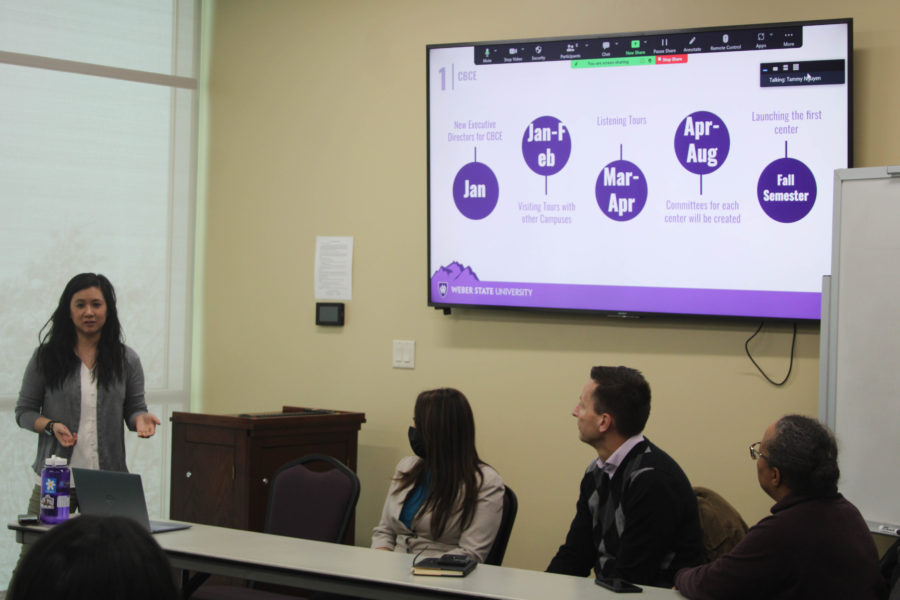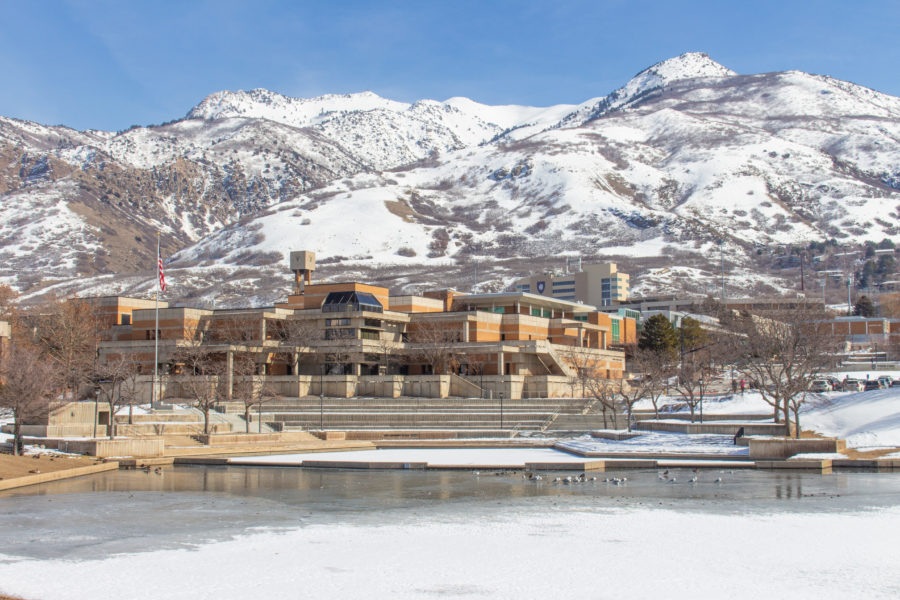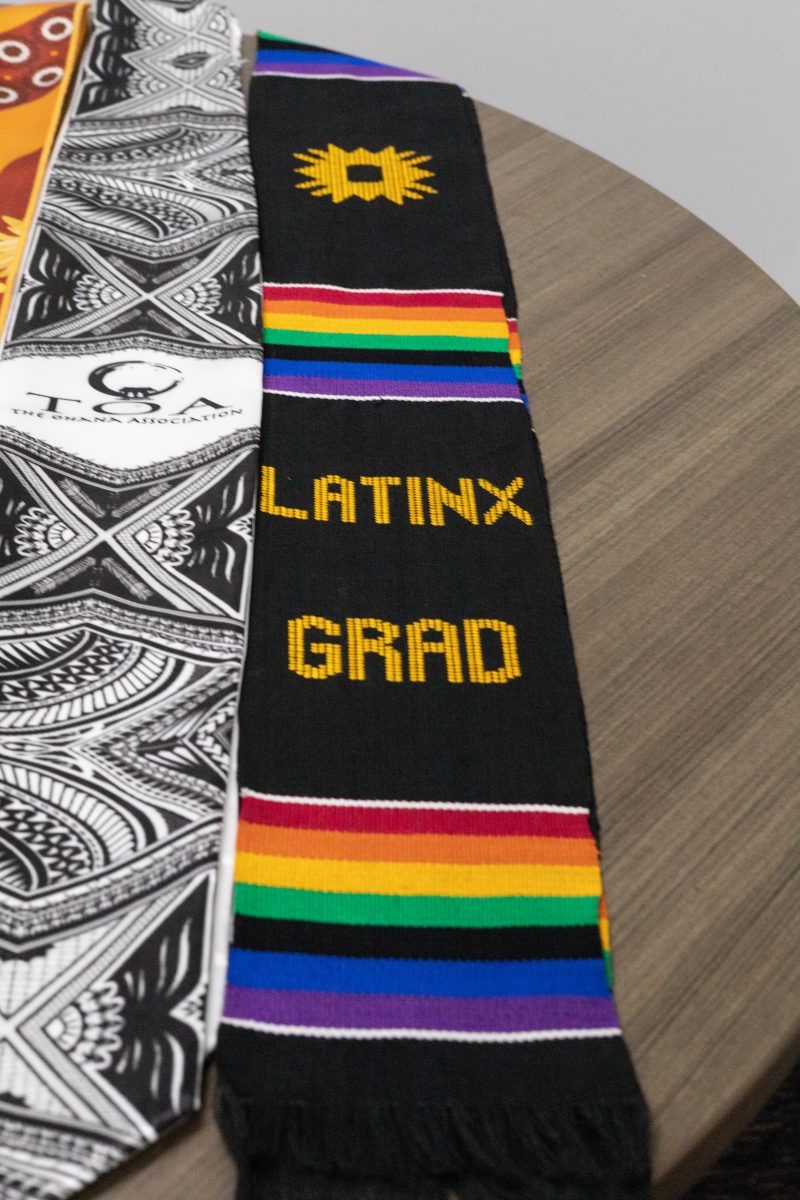
The 2014 Sochi Olympics, fraught with negative media, came to a close on Sunday with the passing of the Olympic flag to South Korea, host of the 2018 Winter Olympics.
Prior to Sochi’s opening ceremony news of brown drinking water, inhumane roundups of roaming dogs and hospitality failures seemed to be the main topics of conversation. As the games began, the abundance of “bad news” halted and the world came together once again to celebrate each country’s Olympic athletes.
Former Weber State University student Ryan Blue, who has lived in Moscow, Russia, for the past five years, went to Sochi to watch the Olympic games. He said the negative media swarming the United States newspapers, websites and television channels amounted to a minimal number of disgruntled individuals and made a bigger deal out of it than he thought necessary.
“All the negative media seemed like scare tactics before the Olympics started,” Blue said. “I mean, yeah, there are a few people in hotels that have brown water, because they didn’t finish the pipeline to every single place, but they did manage to get it to work at most, and as far as improving their infrastructure, I think they definitely did that in Sochi and the surrounding cities.”
Blue said the people’s opinion of the Olympics may have been different if they had been there to see the games and enjoy the experience.
“There are so many positive aspects of the Olympics coming to Russia,” he said. “Everybody came together, all the different nations; everybody that was able to make it to Russia for the Olympics, they all came together. It didn’t matter about politics. It didn’t matter about who stole what money or how much infrastructure they built; everything was fantastic for the Olympics.”

Dmitry Matison, a resident of Moscow, said he really didn’t know what was going on, because “you have to be there to know what’s going on there, but to host the Olympics is really cool and the atmosphere is probably really good there.”
However, Matison shared the same social viewpoint of many Moscow residents with regards to the Olympics being back in Russia, which was resoundingly negative.
Matison previously worked as a project manager at a government oil company, and he explained that efficiency is not a top priority in Russia.
“Nobody here cares about efficiency,” he said. “They do quite a lot of projects, (and) they consider them successful because things are done and the project is over, but if you think like how much money could you spend instead of what was spent, the efficiency is terrible. I’m pretty sure the Olympics is the same.”
Zahar Shinkarenko, who works as a digital artist in Moscow, said the infrastructure in many big cities such as Moscow needs many improvements and that the people work hard, but don’t have enough money divvied up between the regions and that there is a big problem with factories closing down, making less work.
“We live all our life in corruption,” he said. “It’s not normal, but we live in it all our life. It’s not normal, but it’s normal for us, do you understand? It makes me sad.”
Tatiana Kotenko, who got her degree in law at Moscow State University, said she was shocked when her parliament adopted laws to make the Olympics happen.
“Basically they had to breach the constitution,” she said. “There were so many cases of abuse of human rights, so I cannot react positively.”
Kotenko said many people tried to protest the Olympics, especially against the damage being done to the ecology, but those who protested were imprisoned, some sentenced to up to three years.
“There isn’t any dialogue,” Kotenko said. “There is little news telling us about the said fate of people who try to protest. I think that the majority of people think the same. Even my grandma, who is very loyal, thinks the Olympic games are based on numerous vicious laws and corruption. Even loyal people are dissatisfied.”

For residents like Kotenko, Shinkarenko and Matison, the Olympic games seem to be the least of their concerns. They said the Olympics are just another event filled with corruption, power and the ones who rule making sure they fill their pockets.
“There’s a huge gap between rich people and other people, and if you go to rural country, probably people live there for like 200 bucks a month,” Matison said. “I’m afraid the entire country lives in poverty. We have really rich people, so we don’t really have a middle class as you guys in the U.S. do. The people that have power can do anything in this country, and probably it’s the same in the U.S.”




















